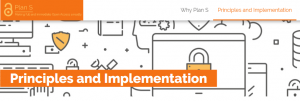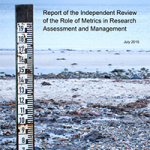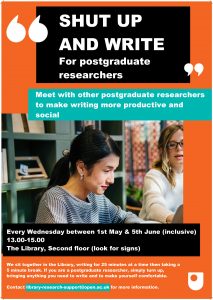What is Plan S?
Plan S is a radical proposal regarding open access (OA) to research publications.
It was created by cOAlition S, a group of research funders co-ordinated by Science Europe. It includes UKRI (UK Research and Innovation), Wellcome, the European Research Council (ERC), the European Commission and The Bill and Melinda Gates Foundation.
What does Plan S propose?
The crux of Plan S is that peer-reviewed research publications resulting from grants that the coalition allocate:
“must be fully and immediately open and cannot be monetised in any way”
cOAlition S believe they have a duty of care towards research as a whole. Thus they favour OA because it helps research function more efficiently and have greater impact on society. They feel there is no justification for keeping research publications behind paywalls and that progress towards OA needs accelerating.
More specifically, Plan S requires that all peer-reviewed research publications funded via calls posted from 1st January 2021 must be:
- Published in an OA journal where the content is OA immediately (gold OA)
OR
- Published on an OA platform where the content is OA immediately (e.g. Wellcome Open Research or Gates Open Research)
OR
- Published in an OA repository where the content is OA immediately (green OA with no embargo)
-
- At The OU, authors could comply by depositing their work in ORO, as long as the work meets all other Plan S requirements
-
Making research data and other outputs OA is encouraged and a statement clarifying policy regarding monographs and book chapters is expected by the end of 2021.
Other headlines include:
- Publication in hybrid journals (i.e. subscription-based journals that charge a fee to make articles OA) will not be supported…
- …unless the journal moves towards becoming fully OA within a defined timeframe under a “transformative arrangement”
- Authors or their institutions must retain copyright
- CC-BY is the preferred license
- Publishers should charge reasonable fees for OA and make the structure of these fees transparent
- Funders may even standardise and cap the fees they pay
- A commitment to the responsible evaluation of research when allocating funds
- The coalition states it will judge research on its own merit and not on things like the journal it was published in or metrics such as Journal Impact Factor
- A commitment to responsible metrics
- Plan S supports the principles of the San Francisco Declaration on Research Assessment (DORA) and will implement “such principles” by January 2021
- Compliance with Plan S will be monitored and non-compliance will be sanctioned
However, the devil is in the detail – there are a lot of elements to Plan S and we recommend reading it yourself to see which aspects might impact you.
What are people saying about Plan S?
There have been a LOT of reactions to Plan S and these are, predicatably, mixed. Some of the themes I have noticed are:
- Many people support the aims of Plan S
- There is concern it is too STEM-focused and will negatively affect AHSS researchers
- There is concern regarding some of the implementation detail
- e.g. the technical specifications regarding publications, OA repositories and other OA platforms
- Some believe it will impinge academic freedom
- i.e. to choose where and how to publish
- There is concern about the effects it will have on smaller publishers and learned societies
- The timescale is too ambitious
- We have been here before
- There have been statements, reports and policies made in the past which did not push through the radical change anticipated
What is next for Plan S?
There is still a lot of uncertainty regarding the detail and implementation of Plan S, so all concerned will need to keep a watching brief.








